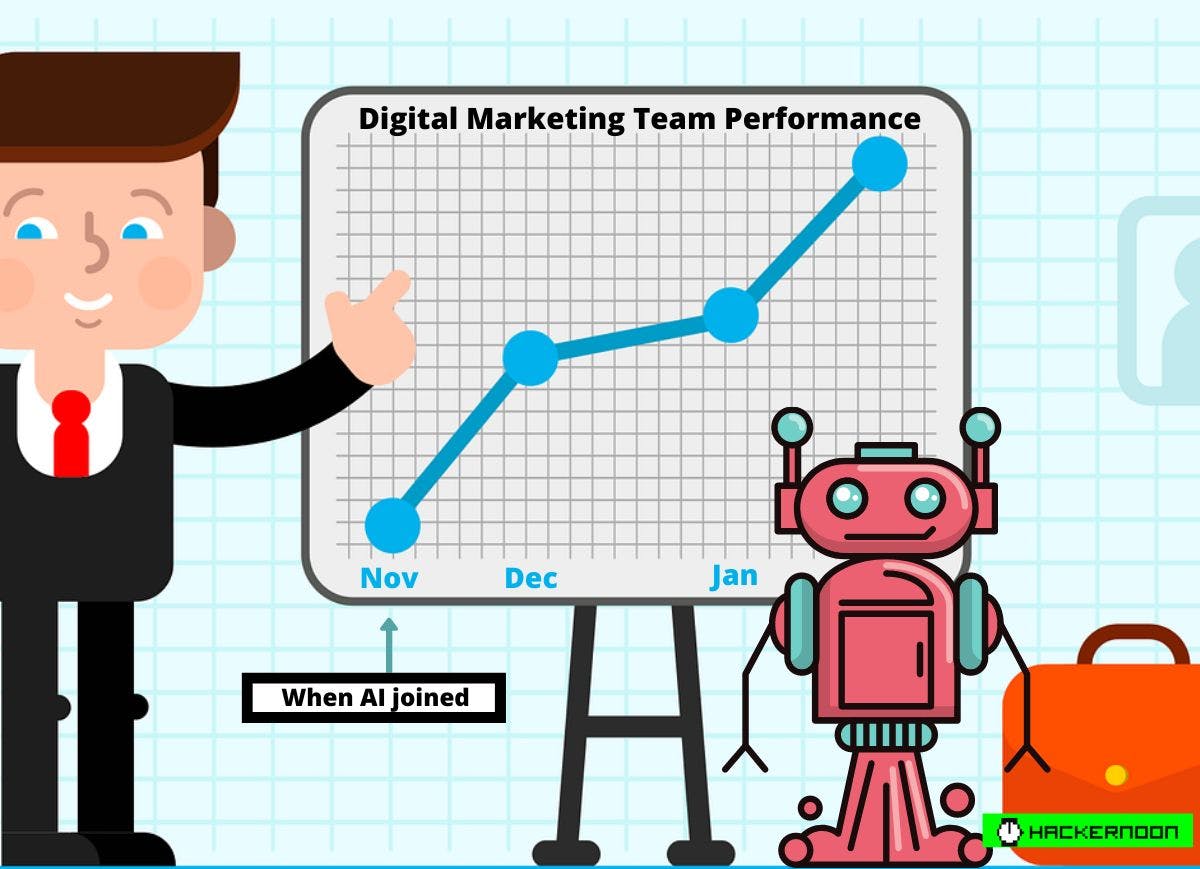238 reads
Will AI Make Digital Marketers' Jobs Obsolete?
by
May 6th, 2021

Sam is a professional web designer and digital marketer with over two years of experience.
About Author
Sam is a professional web designer and digital marketer with over two years of experience.
